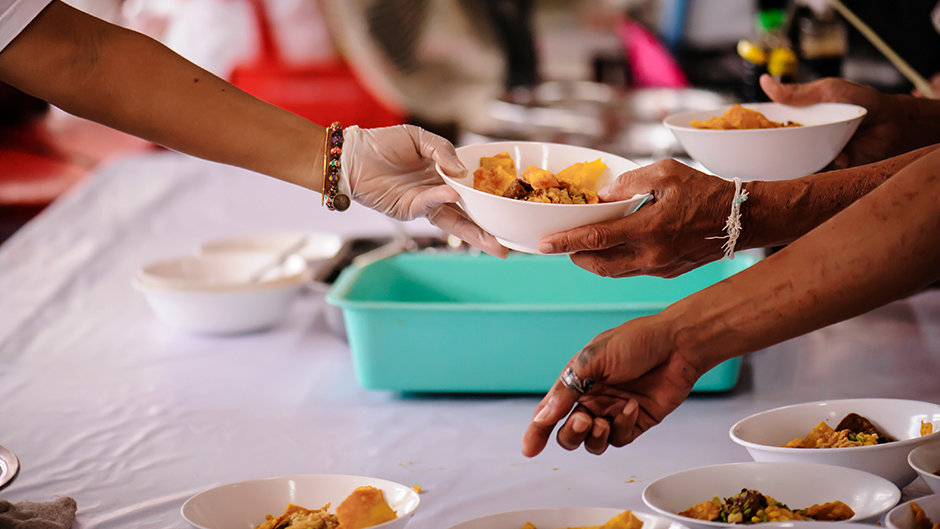Last week, rising third-year law students Kadian Crawford and Raul Herrera, and rising second-year law student Lucas Dawson, working under the supervision of Miami Law’s Human Rights Clinic Practitioner-in-Residence Denisse Córdova Montes highlighted the disproportionate impact of hunger on people of color, women, children, immigrants, and low-wage workers in a submission to the U.N. Special Rapporteur on the Right to Food. The submission provided a human rights analysis and underscored how violations of the right to food are intimately intertwined with systemic discrimination on the bases of race, gender, and socioeconomic status.
“Hunger advocates have generally focused on defending existing — and inadequate – government nutrition assistance while the average American citizen looks to the private charitable sector to meet the ‘emergency’ needs of hungry families, rather than recognizing citizens, communities, and the natural resources we depend on as rights holders and governments as duty bearers,” said Córdova Montes. “The human right to food is both a call to action and a global legal framework for coordinated reform in food and agriculture. As the pandemic reshapes public life around the globe, it also offers an opportunity to organize and protect everyone’s basic human right to food in the U.S.”
The U.N. Special Rapporteur on the Right to Food is an independent expert tasked with overseeing the fulfillment of the human right to food around the world. “It was a very meaningful experience to see how research that I started doing as a clinic student last academic year came together in a submission to the Special Rapporteur,” said Crawford. “This submission is representative of work that my colleagues and I have been doing for the last several months and look forward to continue doing for months to come.”
During the summer, clinic students are working with domestic groups to develop a national report on violations of the right to food in the U.S.
“Through our forthcoming report, we will seek to amplify the voices, practices and visions of people most impacted by hunger and poverty in the U.S.” said Dawson. “We hope this U.N. submission and our upcoming national report will support a national dialogue on the legal right to food as the critical lever to end hunger in the U.S.”

